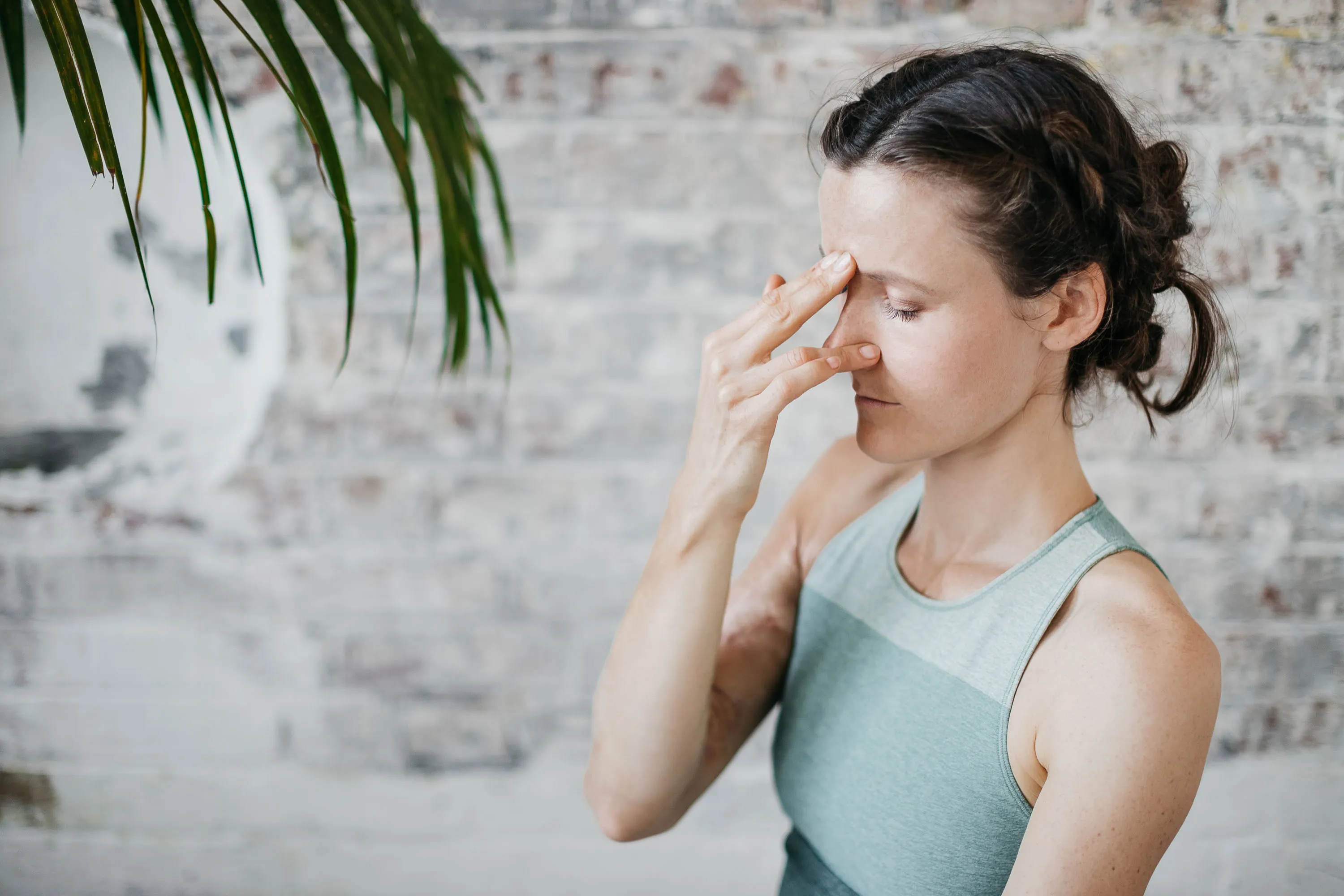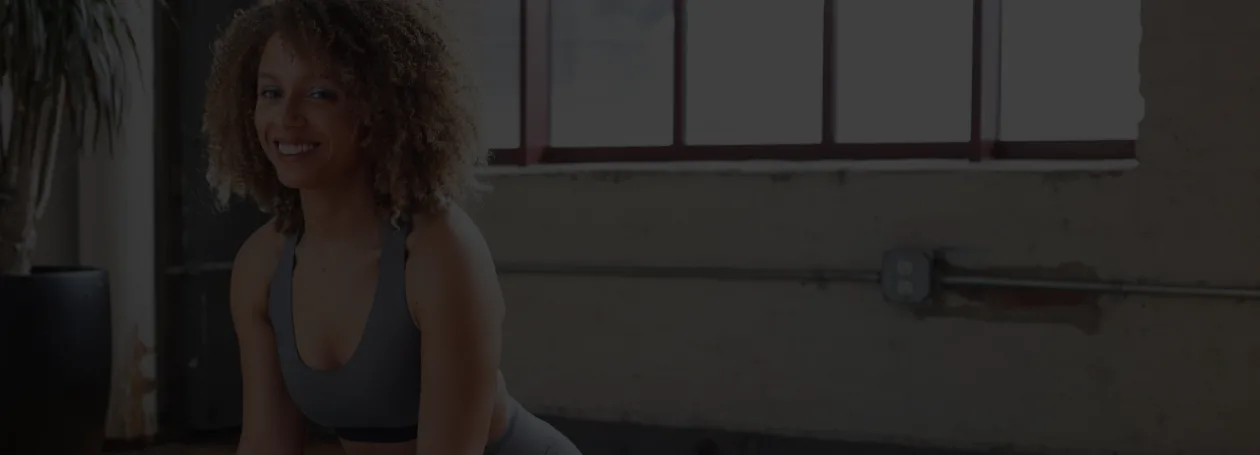

I’m pretty certain you’ve heard a lot about doing breathwork, also known as breathing exercises, before, during, and after your yoga practice.
But is breathing through your asanas just something you’ve been doing because your teacher told you to? Is breathwork just that, breathing? What is breathing to you?
For me, breath is life. It’s magic. It’s my pathway to heaven while I’m still alive.
And the breath is a tool to connect, calm, and control your mind. To bring awareness to your inner self.
Which is what yoga is all about.
This is why I wanted to teach a Breath and Flow class with myYogaTeacher! Because pranayama (breath) and meditation are really the best part of yoga.
[CTA-DEFAULT]
Let’s look at how breath works in yoga and why the breath is the most important part of your yoga practice.
When you begin your yoga practice, you begin synchronizing your breath with your movements. Whether an instructor is guiding you through this process or you’ve become accustomed to doing it on your own, breathing becomes conscious, versus automated.
You become aware of how your breath moves with your body, particularly during more strenuous flows or asanas where controlling your breath becomes more difficult.
This is where the magic begins!
The mind gets quieter. The body feels calmer.
Breath is what allows us to experience life! Literally.
The practice of yoga is designed to bring harmony to our inner and outer selves. So we can experience the very essence of life through all our senses.
Without breath, senses can not exist.
Optimizing our breath with even inhales and exhales during our yoga practice also opens us up to our greatest potential. It releases tension, anxiety, and revitalizes our mind and spirit.
This brings us to how breathwork and meditation as a part of a comprehensive yoga practice affect our physical bodies.
Breath awareness can eliminate tension in the muscles, joint compression, and help realign our posture. When we hold our breath, we prevent oxygen and nutrients from reaching our muscles and organs, causing contraction. Which then causes pain.
Yoga teaches us how to breathe properly and in a way that is much more beneficial than what we are accustomed to.
Being active and moving your body definitely releases endorphins. You feel good, happier. But that is often short lived.
When your breath changes, it’s telling you something about yourself, your mind. For example, you may not notice but when you’re stressed, tense, angry, you breathe heavier. Much more shallow breaths. When you’re sleeping, your breathing is generally much deeper and slower, just like when you’re relaxed.
The breath moves with the mind and vice versa!
It makes sense, then, that if we can control our breathing, we can control much of what’s going on in our mind.
If we can control our mind, we can move with more ease and positivity in our environment and world.
This is the most common of yoga breathing techniques and is usually identified as sound like the wind in the trees or the rise and fall of the ocean waves against the sand.
Ujjayi Pranayama is soothing and calms the central nervous system even when done in conjunction with a faster paced vinyasa practice. The flow of the breath with the movements releases tension throughout the body.
This form of breath work is designed to purify and unblock your nadis, energy channels that flow through your body and connect to your chakras.
Studies have shown that people who practice this form of breathing on a consistent basis have lower blood pressure and better mental focus. Alternate nostril breathing is often done at the end of a yoga practice.
Kumbhaka Pranayama is probably known to you simply as deep breathing. Except in this practice, you actually hold your breath for a bit, breathe in a little bit more and hold it for as long as you can before releasing.
This can be difficult for people who are very anxious, so they may want to begin with holding their breath for much shorter periods of time. But ultimately, this type of breathing is meant to fully oxygenate the blood.
Feeling groggy? Maybe you woke up in a fog or you’re just having a mentally exhausting day. The Breath of Fire breathing technique will bring a pep back into your step and improve decision making and mental focus.
This type of breathwork is not beneficial when you’re already under a lot of stress.
If you’re unsure about how to perform any of these breathing techniques, you’d definitely love my Breathe and Flow class! It’s perfect for any level of yogi, and we focus on breathing, meditation, and foundational yoga poses in a full-body flow.
As I mentioned before, myYogaTeacher is full of almost any type of yoga class you could possibly want to attend! And they’re taught by instructors like me, from the birthplace of yoga, India. Whether you need a personalized 1:1 session or are game for a group session, we’re here to guide you on your health journey. We give you tips and tricks, corrections and goals.
Grab your 2-week free trial of myYogaTeacher here and jump into my class!
My name’s Bharath. I’ll be your teacher. :-)

Receive personalized guidance tailored to your unique fitness goals, live with a dedicated coach—no credit card required.